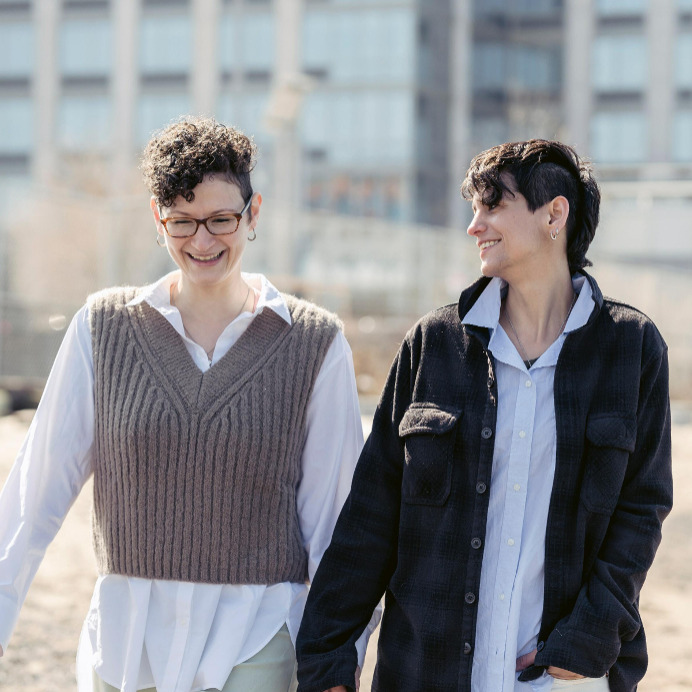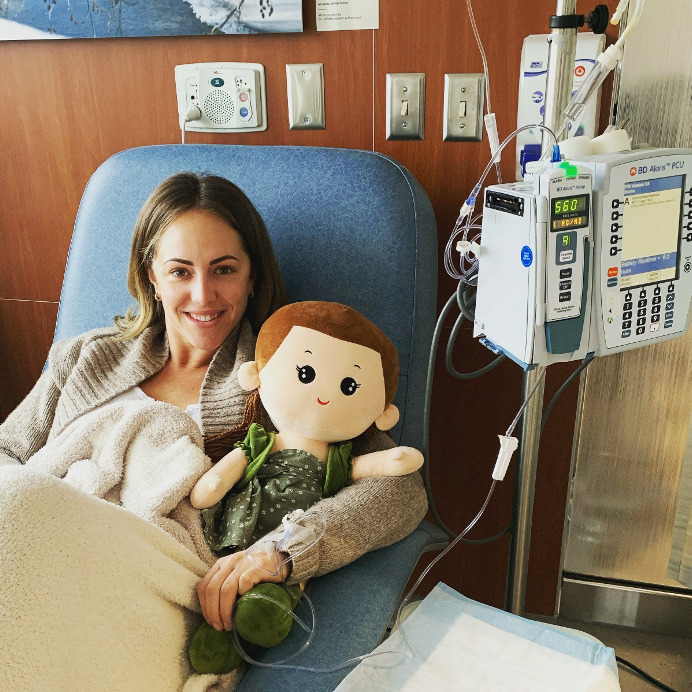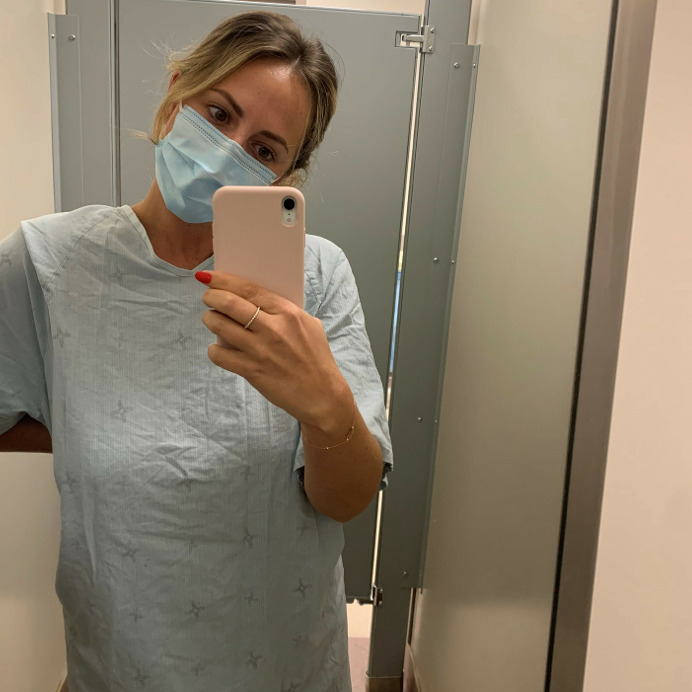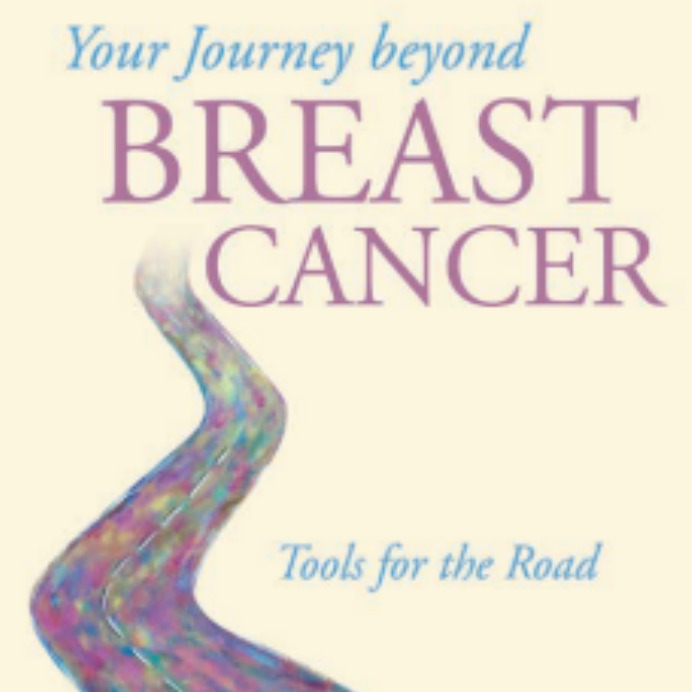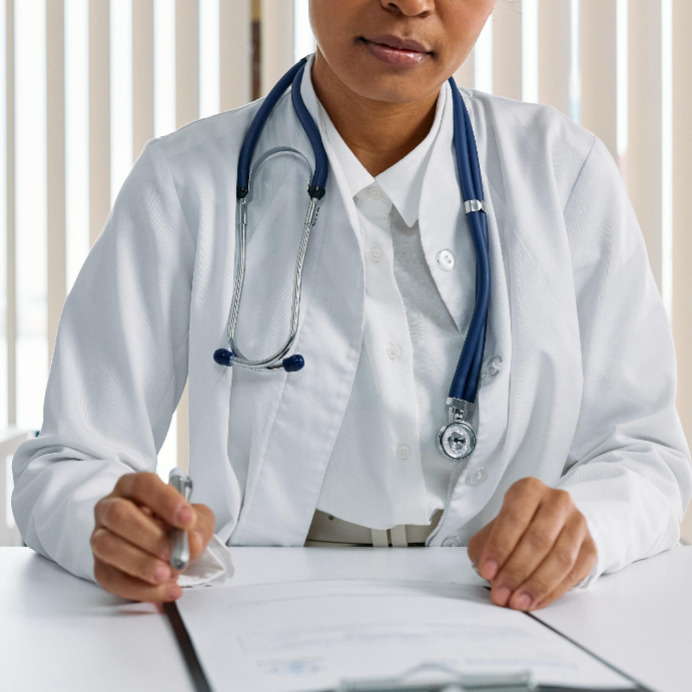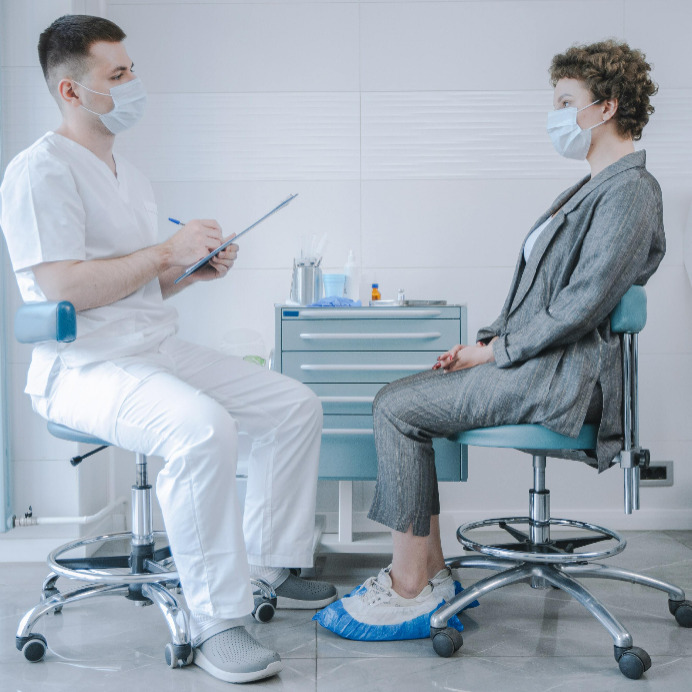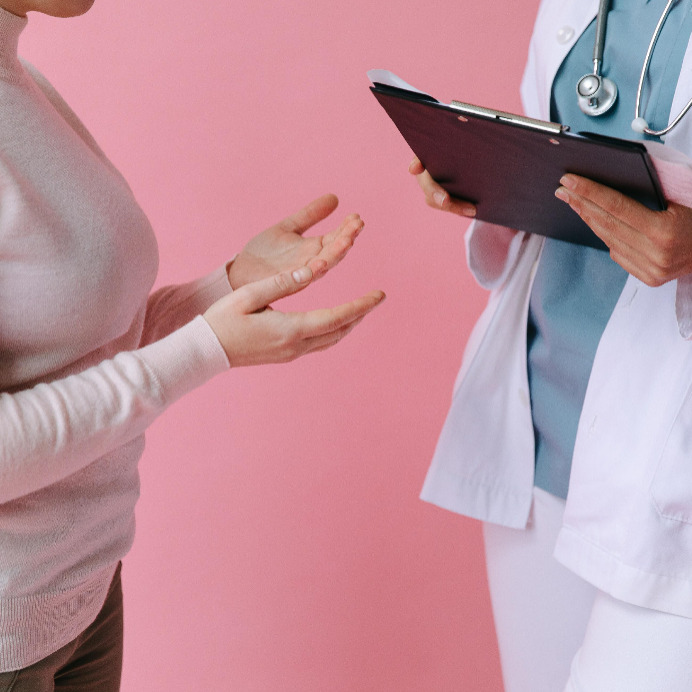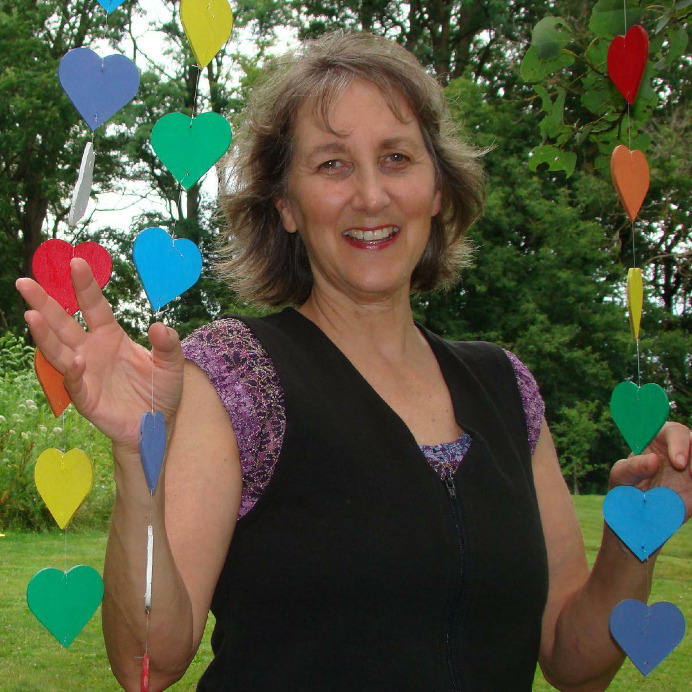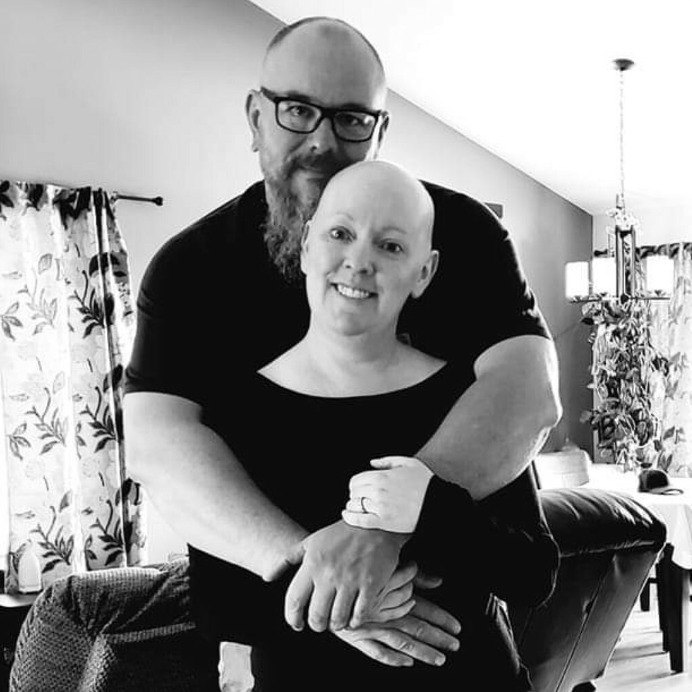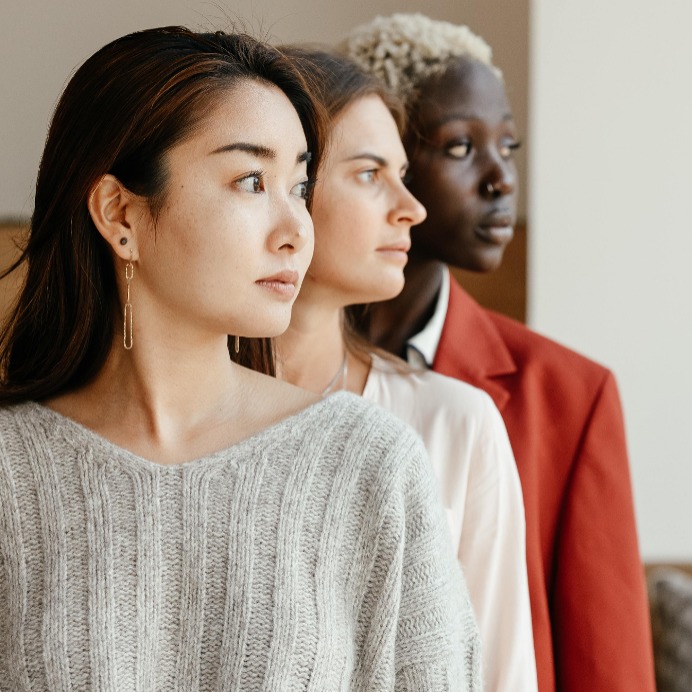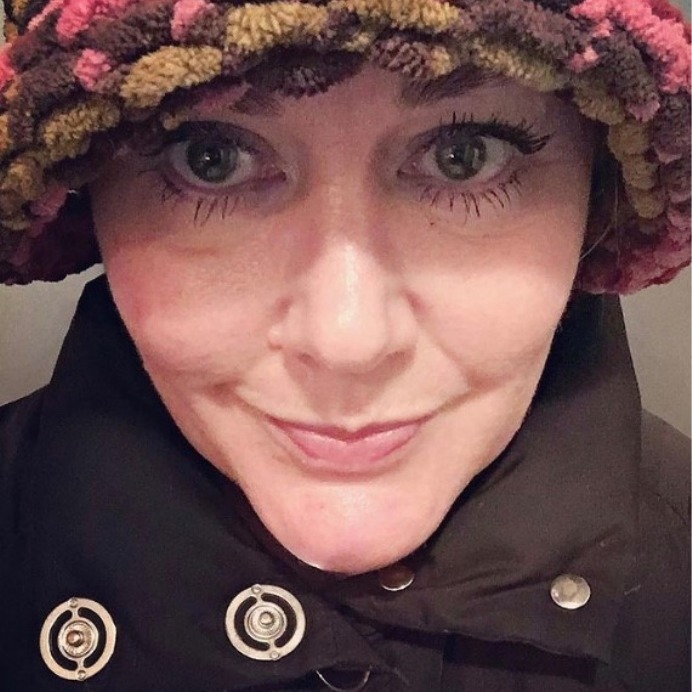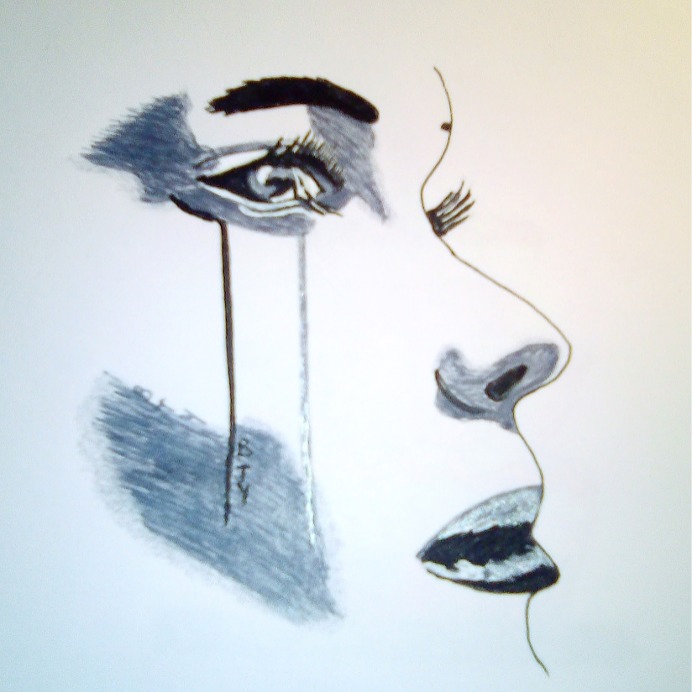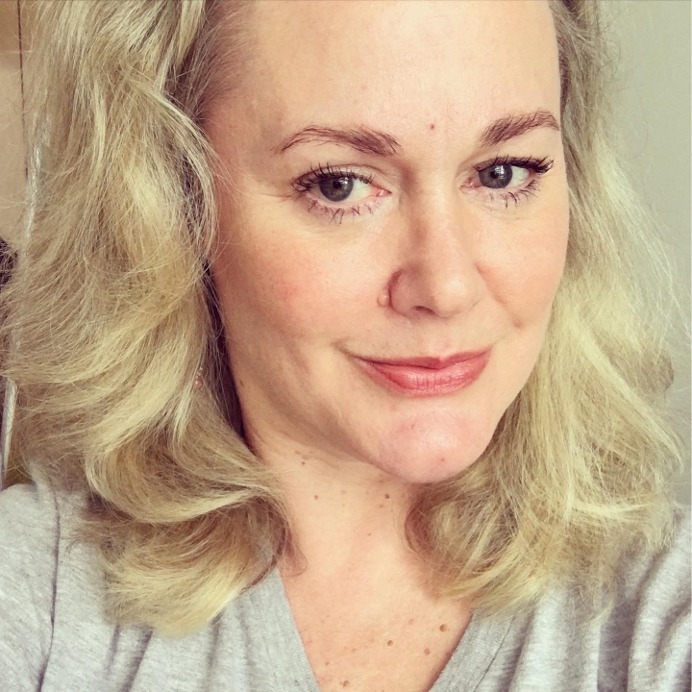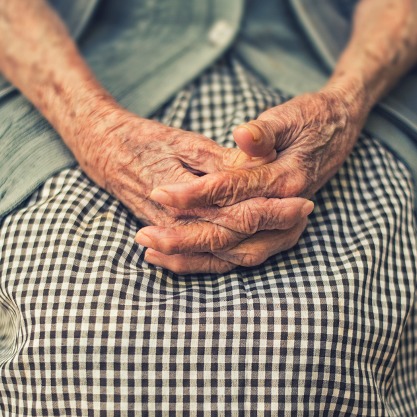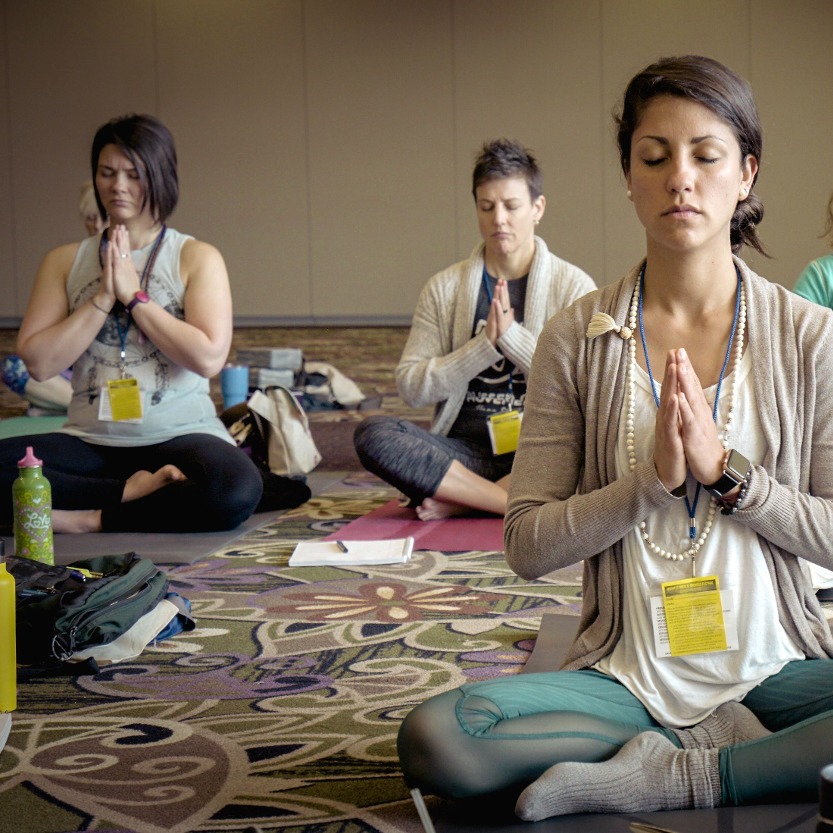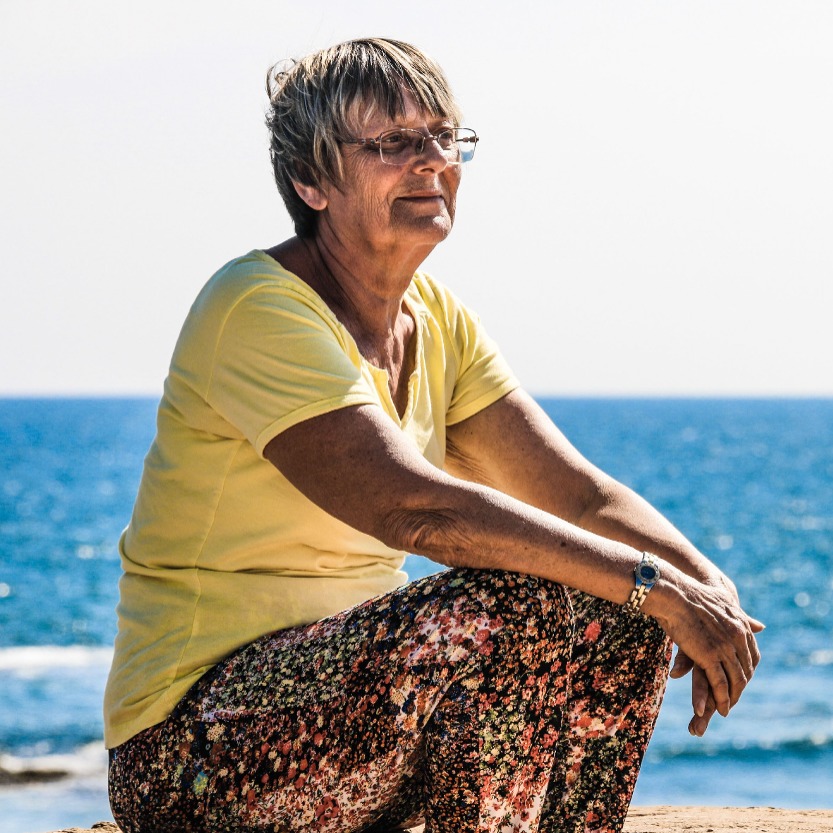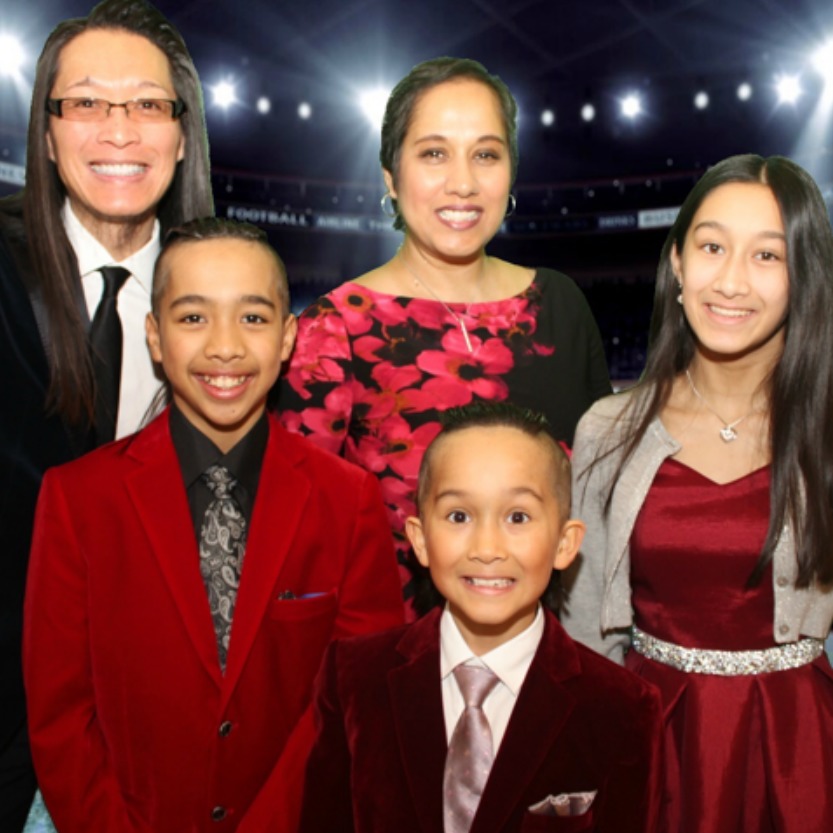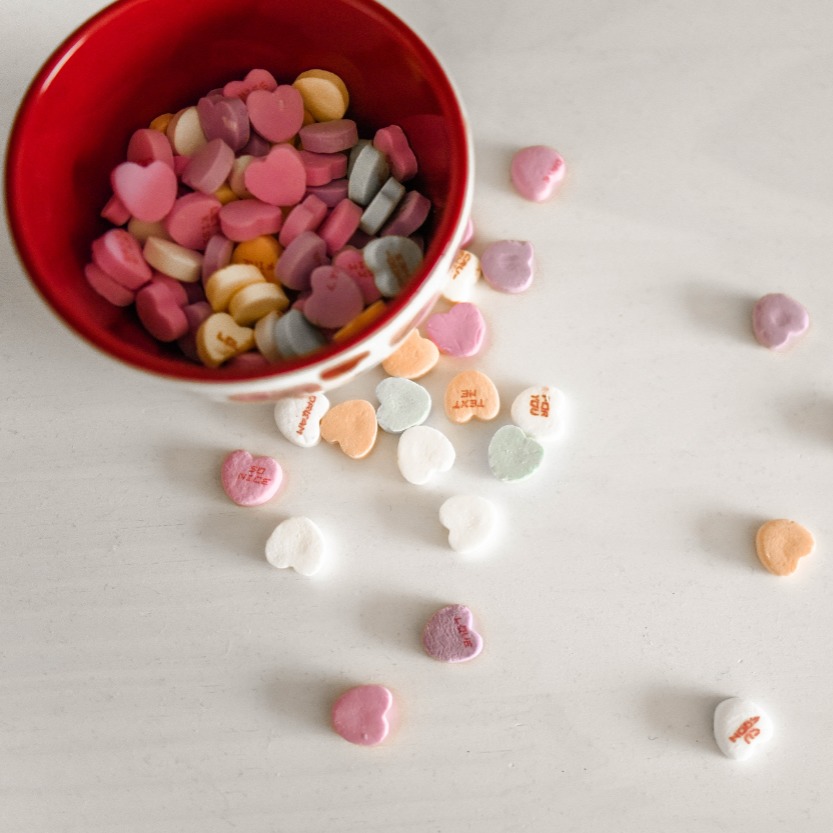By continuing to use our site, you consent to the processing of cookies, user data (location information, type and version of the OS, the type and version of the browser, the type of device and the resolution of its screen, the source of where the user came from, from which site or for what advertisement, language OS and Browser, which pages are opened and to which buttons the user presses, ip-address) for the purpose of site functioning, retargeting and statistical surveys and reviews. If you do not want your data to be processed, please leave the site.
The Voice of People With Breast Cancer
Education
Our Voices Blog
Tag : diagnosis
Breast Cancer Care for Lesbian and Bisexual Women
Who you are and where you live can greatly impact your access to care, and sexual orientation is no exception to this. Within the healthcare system, the LGBTQ+ community regularly experiences barriers when seeking adequate health services, and the effect of these barriers may result in poorer health outcomes. This leads to the question — does being a lesbian or bisexual woman affect your risk for breast cancer?
To the Girl Standing in The Blue Hospital Gown, Part 2
I’m still scared and I’m still nervous, but I’m okay. I’m finding a sense of peace and calmness in all of this chaos. These past 42 days have been life changing. Being diagnosed and the end of a relationship has really tested my ability to find acceptance in everything. I continue to smile and laugh; life is truly incredible. The universe works in ways that I’ll never fully understand and in the darkest moments there is still light to be found.
To the Girl Standing in The Blue Hospital Gown, Part 1
Well, the results are in.
Take a seat.
Take a deep breath.
It’s positive.
Practical Tools to Find Inner Strength and Resiliency During Breast Cancer and Beyond
I know you remember the moment you heard, “You have breast cancer”. Those words began a long journey with many possible roadblocks and detours. You will all be at different points on your cancer timeline. Perhaps you have just been diagnosed, are continuing with treatment, or even managing a reoccurrence. Because each of you is more than a statistic, your journey will be unique. The path to follow must be the one that is right for you. At each turn, you will be faced with many hard decisions. You certainly did not choose this challenge, but it is now in front of you. Deciding what is important, how you want to live, and setting your priorities are some of the many demands of this disease. The challenge is how do you want to move forward towards healing which is finding your wholeness and balance. Cure is the absence of physical disease. Everyone hopes for a cure. Even if you cannot achieve a cure, you can and must seek your definition of healing.
Getting a Second Opinion in our Public Health System
When we hear stories about people’s experiences receiving a diagnosis like breast cancer, we often hear the empowering message to trust your gut and get a second opinion if the answers aren’t sitting well with you. These messages, while meant to be inspiring, can often feel impractical. In other countries, like the US, getting second opinions may be fairly straightforward, but in Canada, second opinions may be a bit trickier to come by.
COVID-19 and Breast Cancer: Patient Voices, Expert Knowledge
Our latest digital magazine COVID-19 and Breast Cancer: Patient Voices, Expert Knowledge approaches the ongoing COVID-19 pandemic from the perspective of breast cancer patients and provides credible information for breast cancer patients from healthcare professionals and experts.
I Screen, You Screen…But Can We Really Screen?
A little more than two months ago, I started having weird pains in my right breast. It’s a throbbing sensation that radiates from the right side of my breast all the way to my nipple and then beneath my breast. Sometimes it happens when my arm leans into my breast, other times when I move my entire arm and once in a while, from the impact of my bra resting against my breast. Touching the area with my hands only intensifies the pain and since I seem to have zero impulse control, I find myself pressing into these spots all the time to check if the pain is still there. It is.
From Crisis to Opportunity
There is never a good time to get a breast cancer diagnosis. Our family was about to vacation in Australia when I got the news. Because I had been on a fitness kick in the months beforehand, I felt so healthy that I couldn’t believe anything was wrong, but it was. A grade two tumour and two affected lymph nodes meant that holiday plans had to make way for surgery.
Just Breathe
I was diagnosed in December 2019 at the age of 47. I was healthy, happy and at the height of my career. Just as I said to my husband of 25 years “Life just can’t get any better”, our world came to a grinding halt - “you have breast cancer”.
Stay Calm and Mentally Strong: Three Ways to Motivate, Inspire and Empower Yourself for Optimum Health
Tell me if any of this rings a bell…
The Beginning: Get up, find a lump, feel confused, panic inside, see the doctor, see a specialist, get a mammogram, see an oncologist, have an ultrasound, get an MRI, biopsy the lump, do it all over again and again and again, receive a breast cancer diagnosis, feel in shock, go home, make a plan, fall into bed and don’t fall asleep.
How Race and Ethnicity Can Influence Breast Cancer
According to the World Health Organization (WHO), breast cancer is the most common form of cancer, with more than 2.2 million cases in 2020. It is estimated that 1 in 12 women will develop breast cancer and it will be the primary cause of death among all other types of cancer in women. However, breast cancer survival has improved significantly since the 1980s due to increased early detection, screening programs, and improved treatment options.
Three Things to Know Before Your Lumpectomy
I’m a talker. I like to communicate and sometimes, okay often, I’m an over-sharer. I need to know what’s going on and why and in my version of yin and yang, I believe that because I’m an open book everyone else will be too. Except, not so much.
Three Sisters Fighting Cancer Together
I am a 51-year-old woman from the Loire Valley. I live near Orléans, 120 kilometres south of Paris. I grew up surrounded by women. I am the youngest of five sisters; twenty years separate me from my oldest sister and ten years separate me from the fourth one. Our mother received her breast cancer diagnosis in 1985 and at the time, cancer care was awful. My father died from a cardiac arrest in July 1986, probably caused by grief. My mother was brave and fought as much as she could, but she passed away in May of 1989 when I was 20 years old. Because of her breast cancer diagnosis, my sisters and I have closely monitored our risk of developing breast cancer.
Five Ways I’m Creating Joy in My Life
It’s funny how breast cancer changed the way I feel about myself and my life. Not in a ha-ha sense, although trust me, I would like to laugh more. And not in a questioning kind of way either, although I did torture myself during the first couple of weeks after my diagnosis, looking for the answer to explain why I had breast cancer. As far as I was concerned it was because I never wore sunscreen as a kid; I drank and smoked my way through my twenties; worked 80-hour, ladder-climbing work weeks in my thirties and went through a heartbreaking divorce that left me feeling like road kill in my forties. Except that it wasn’t.
Caregiving while you’re a patient
Women living with breast cancer are not just cancer patients; they’re moms, spouses, sisters, friends, and daughters. The many roles and responsibilities a woman assumes to support those around her don’t disappear when she is diagnosed with cancer. One of these responsibilities may be caring for aging parents or family members. This burden may seem heavy at times but there are places you can turn to for support. Check out the following resources.
Breast Cancer Related Lymphedema Part 2: Early Signs, and Treatments
In Part 1 we discussed the risk factors of lymphedema and tips for reducing this risk. Today we’re helping you identify early signs and what treatments are available for lymphedema.
Breast Cancer Related Lymphedema Part 1: Risk Factors
Breast cancer-related lymphedema is abnormal swelling that can develop in the arm, hand, breast, or torso on the side treated for breast cancer where lymph nodes have been removed. Lymphedema can develop suddenly or gradually. It can happen soon after surgery or can develop months or years later.
What is Canada’s new food guide all about?
Canada’s new food guide is, in one word, refreshing! First off, it makes us hungry just looking at it. And secondly, it does away with the confusing portion sizes and focuses more on practical tips for incorporating healthier foods into our diets.
The importance of having access to financial resources
We asked Tricia, a member of our patient advisory committee, to share her thoughts on our newest digital tool, the FinancialNavigator, designed to help connect patients with financial resources in their community. Here’s what she had to say.
10 low-key ways to make Valentine’s Day better when you have breast cancer
February is here, which means Valentine’s Day is around the corner. Valentine’s is a day that you either love or hate. And throwing the C-word into the mix can make it hard even when it’s something you’re usually excited for.

